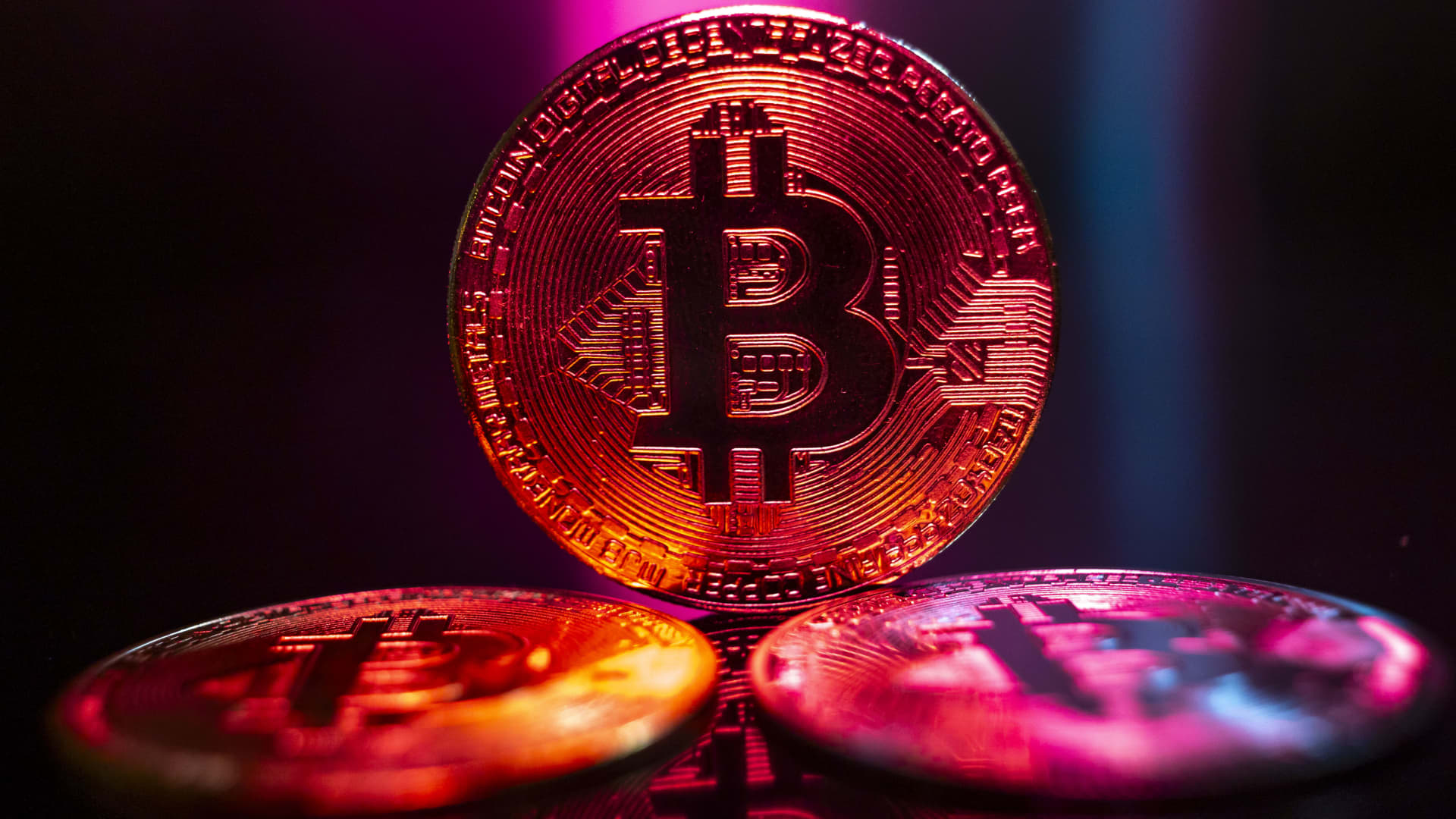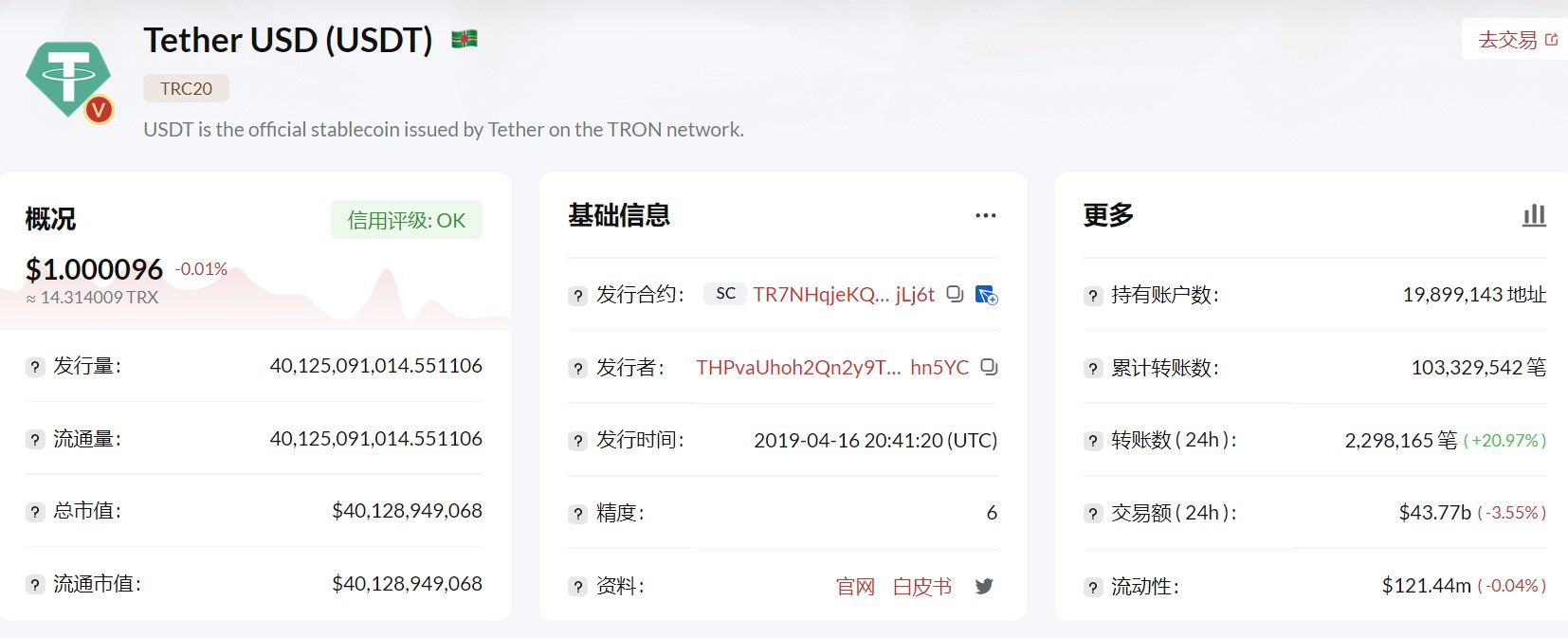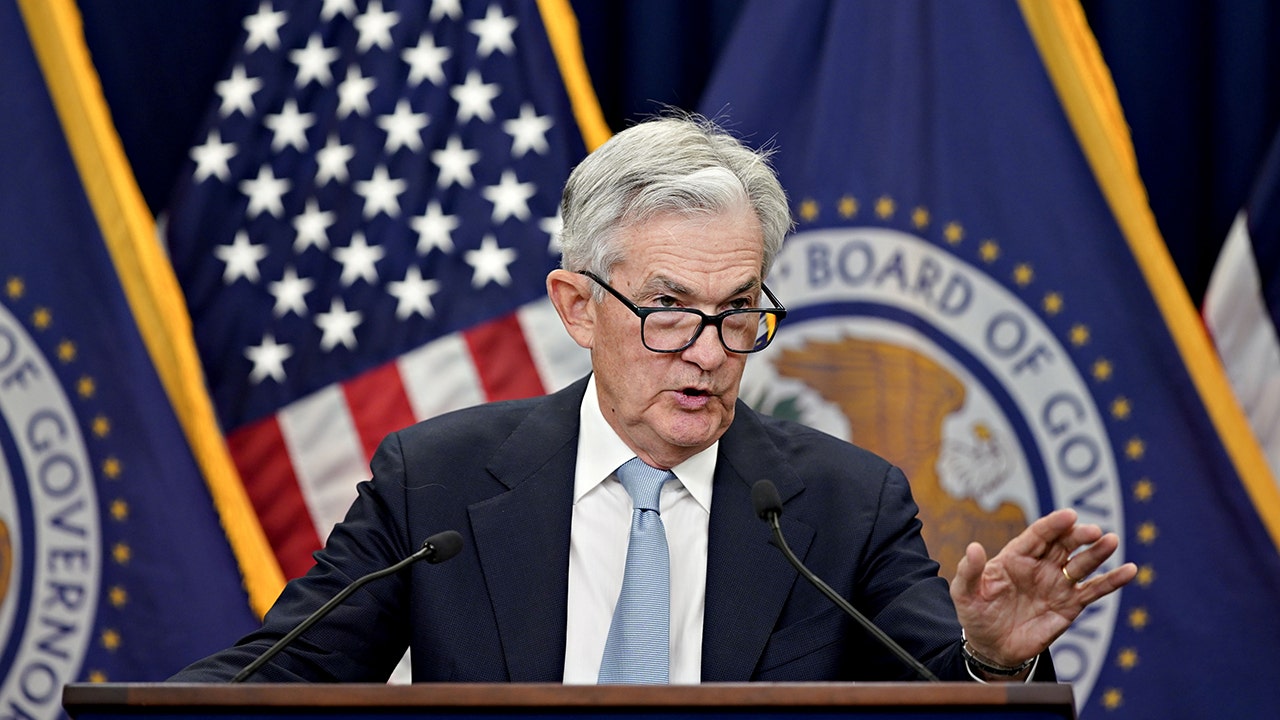Arizona’s Governor Katie Hobbs just delivered a gut punch to the burgeoning pro-Bitcoin movement, vetoing a bill that would have allowed the state to hold Bitcoin as official reserves. Seriously, what a missed opportunity! This would’ve put Arizona on the map as a genuine leader in the digital asset space, but apparently, some people are just stuck in the past.
Photo source:cointelegraph.com
The Digital Assets Strategic Reserve Fund bill, which already passed the House with a 31-25 vote, aimed to let Arizona invest seized funds into Bitcoin, managed by state officials. It’s a damn shame she killed it.
Hobbs claims Arizona’s retirement system is strong because of smart investments, and that virtual currencies are “untested”. Excuse me? Unproven is a better word! The entire crypto space is built on innovation and pushing boundaries. Playing it safe gets you nowhere fast!
Another bill, SB1373, allowing up to 10% of the state’s emergency fund to be invested in digital assets, is still pending. Hopefully, that one gets some traction.
Arizona isn’t alone in facing setbacks. Similar proposals have flopped in Oklahoma, Montana, South Dakota, and Wyoming. Meanwhile, North Carolina is actually making progress, with a bill passing the House allowing up to 5% investment in approved cryptocurrencies. Let’s hope their Senate is smarter.
This comes at a time when even Donald Trump is getting on board, proposing a “strategic Bitcoin reserve” and “digital asset reserve” at the federal level. So, while Arizona is stuck in neutral, the rest of the country is starting to feel the revolution!
Understanding Bitcoin Reserves: A Deep Dive
Bitcoin reserves represent a strategic holding of Bitcoin by an entity – be it a nation-state, a corporation, or an investment fund. The goal? Diversification, hedging against inflation, or simply capitalizing on potential future value appreciation.
These reserves aren’t just about buying and holding. They’re signaling a vote of confidence in the future of cryptocurrency and the blockchain technology underpinning it. States consider it in search of alternative forms of wealth preservation.
A key rationale behind creating Bitcoin reserves is the belief that Bitcoin is a store of value, similar to gold. It is often seen as a hedge against traditional financial systems and the potential instability of fiat currencies.
However, the volatility of Bitcoin and the nascent nature of the crypto market remain significant concerns. Proper custody and security of these holdings are critical to prevent theft and loss of funds. Furthermore, regulatory frameworks are still developing.






